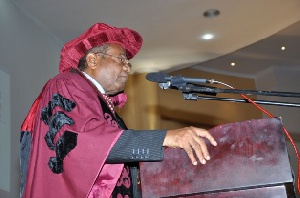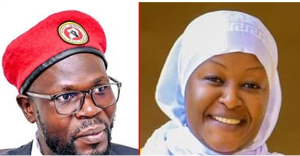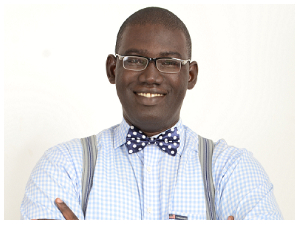From 2013 the College of Physicians and Surgeons will train all health personnel and certified them in Basic Life Support and Advanced Life Support to enable them handle disaster events.
This has become necessary due the recent Melcom Shopping Mall Disaster in Achimota in Greater Accra, which claimed 14 lives and hospitalized about 54 people.
The College is therefore advocating training for employees and attract the attention of organisations such the churches, supermarkets as well as factories.
Speaking at the opening of the Annual General and Scientific Meeting 2012 on the theme: “Growing Old in Ghana: Health and Economic Implications,” Professor David Ofori-Adjei, Rector of the College said the institution would also be pursuing training of trainers for Advanced Trauma Life Support.
He explained that the required facilities in the country have already been inspected by the American College of Surgeons.
”We now have to find funds to take the plans forward and the training activities will be linked to our Emergency Medicine Training programme,” he said.
Over the past few decades, substantial proportions of populations in the developed countries have grown old.
Many developing countries’ populations are beginning to grow older, having been larger youthful for a long time.
The demographic shift presents enormous challenges for economies through reduction in labour force participation and changes in consumption patterns with impact on welfare and pension schemes, health care delivery among other areas.
Prof Ofori-Adjei said the College has since its inception enrolled 874 residents into membership training and 150 for fellowship training.
However, the College continue to face challenges of attracting residents into specialties considered as “deprived”.
These include anaesthesia, family medicine, laboratory medicine, psychiatry, paediatrics and child health as well emergency medicine.
The Rector called for the need to institute faculty advisors who would talk to potential residents before they apply for residency training.
He noted that the college is severely challenged by the allocation of funds by the Ministry of Health to cover the fees of residents being sponsored by its agencies.
“The College cannot deliver on its mandate with the current approach to funding and we will want the Ministry to speed up with its arrangements to settle the matter,” Prof Ofori-Adjei said.
Prof Sir George Wereko Brobbey, President of the College challenged members and fellows of the educational institution to be mindful of their dress code to ensure that it encourage patients to have confidence and trust in them.
Mr Joseph Robert Mettle-Nunoo, Deputy Minister of Health commended the College for its tremendous work in upgrading themselves to compete with contemporaries outside the country.
Professor Naana Jane Opoku-Agyemang, former Vice Chancellor of the University of Cape Coast said the specialist training of the College is on course.
In all, 31 newly elected Fellows, two newly qualified fellows by examination and 85 newly qualified members were inducted into the College.
Regional News of Thursday, 29 November 2012
Source: GNA













